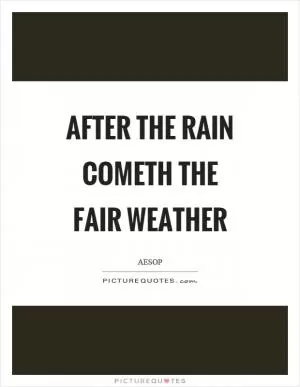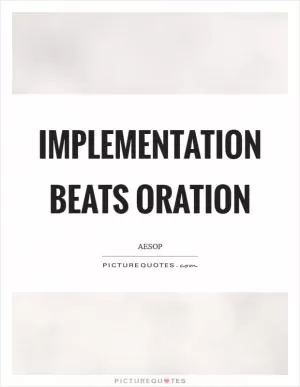It is easy to despise what you cannot get

It is easy to despise what you cannot get
In the fables of Aesop, the theme of "It is easy to despise what you cannot get" is a recurring one that teaches valuable lessons about envy, greed, and the dangers of coveting what belongs to others. Aesop's fables are known for their simple yet profound moral lessons, often conveyed through the actions of animals or other characters in the stories.One of the most famous fables that illustrates this theme is "The Fox and the Grapes." In this story, a hungry fox sees a bunch of ripe grapes hanging from a vine and desires them greatly. However, no matter how hard he tries, he cannot reach the grapes. Frustrated and unable to obtain the grapes, the fox eventually gives up and walks away, declaring that the grapes were probably sour anyway.
This fable teaches us that it is human nature to desire what we cannot have, and when we are unable to obtain it, we often convince ourselves that we never really wanted it in the first place. This is a common defense mechanism that allows us to cope with disappointment and rejection. However, it also highlights the danger of allowing envy and greed to cloud our judgment and lead us to despise what we cannot attain.
Another fable that explores this theme is "The Dog and the Shadow." In this story, a dog is carrying a piece of meat in his mouth and sees his reflection in a pond. Thinking that the other dog has a larger piece of meat, the dog drops his own piece to grab the other one. However, in doing so, he loses both pieces of meat. This fable warns us against being consumed by jealousy and coveting what others have, as it can lead to losing what we already possess.
Overall, the fables of Aesop serve as timeless reminders of the dangers of envy and greed, and the importance of being content with what we have. They teach us that it is easy to despise what we cannot get, but true happiness comes from appreciating and making the most of what we already possess.












 Friendship Quotes
Friendship Quotes Love Quotes
Love Quotes Life Quotes
Life Quotes Funny Quotes
Funny Quotes Motivational Quotes
Motivational Quotes Inspirational Quotes
Inspirational Quotes